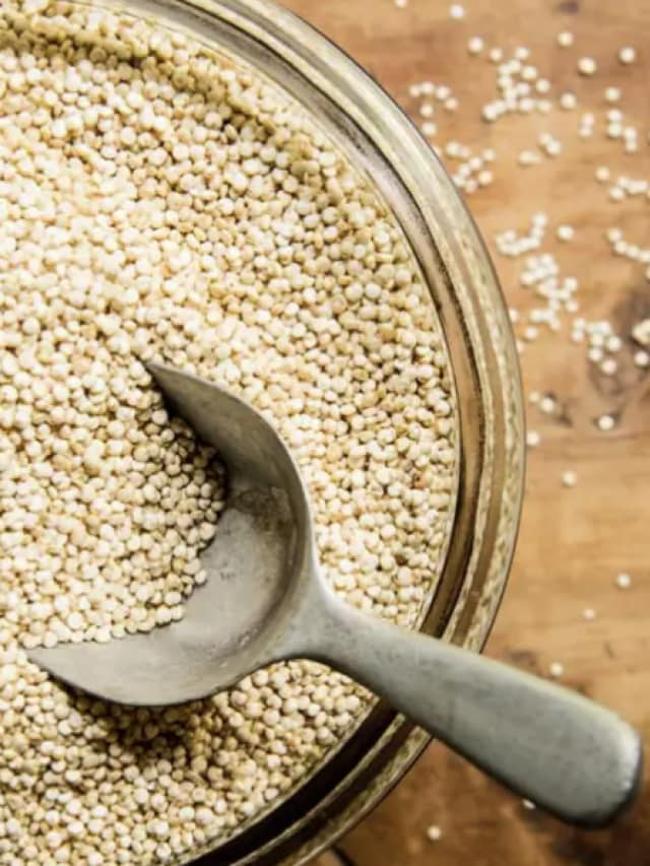Summary
Looking to customize your plant-based dairy products? Try these nine homemade vegan dairy recipes to make your own butter, cheese, and milk.
Source: Plant Based News

AI News Q&A (Free Content)
Q1: What are some recent innovations in the field of vegan dairy products?
A1: Recent innovations in vegan dairy products include developments from major companies like Nestle, Upfield, Danone, and Valio. These companies are actively patenting solutions to enhance plant-based products, focusing on high protein content and improved taste and texture. For instance, Notco uses Artificial Intelligence to mimic the taste and texture of traditional dairy, overcoming common consumer concerns such as aftertaste and consistency.
Q2: How do plant-based milk alternatives compare to traditional dairy in terms of nutritional content?
A2: Plant-based milk alternatives vary widely in nutritional content. While they offer a sustainable dietary option, they often have lower protein quality compared to dairy. This is due to the lower bioavailability of certain micronutrients in plant sources, as highlighted in recent studies on the protein transition. Some plant milks are fortified to match the nutrient profile of cow's milk, but natural differences in amino acid composition can still result in lower overall nutritional quality.
Q3: What are the health benefits of incorporating vegan cheese into a diet?
A3: Vegan cheese, made from ingredients like nuts, soybeans, and coconut oil, offers health benefits such as reduced cholesterol and calorie intake compared to traditional cheese. Additionally, it provides a suitable alternative for those with lactose intolerance or dairy allergies. However, it is important to consider the nutritional content of vegan cheeses, as they can vary significantly in terms of fat and protein levels.
Q4: Which scientific methods are being used to enhance the quality of plant-based dairy products?
A4: Innovations in plant-based dairy products often involve advanced scientific methods such as machine learning and precision fermentation. These technologies help improve the taste, texture, and nutritional value of vegan dairy alternatives. For instance, companies are using fermentation-derived casein to create dairy-free products that mimic the functional properties of cow's milk proteins.
Q5: What challenges do producers face when creating plant-based dairy alternatives?
A5: Producers of plant-based dairy alternatives face challenges such as replicating the creamy texture and rich flavor of traditional dairy products without using animal-derived ingredients. Additionally, there is a need to enhance the protein content and nutrient bioavailability of these alternatives. Companies are addressing these issues through technological innovations and ingredient fortification.
Q6: Why is the concept of a 'protein transition' important in the context of plant-based diets?
A6: The 'protein transition' refers to the shift from animal-based to plant-based protein sources as part of a sustainable diet. This transition is important due to environmental concerns and the need for sustainable food systems. However, it poses challenges in maintaining protein quality and nutrient intake, as plant proteins often have lower bioavailability and amino acid profiles compared to animal proteins.
Q7: How is veganism influencing the dairy industry today?
A7: Veganism is significantly impacting the dairy industry by driving demand for plant-based alternatives. This shift is motivated by ethical, environmental, and health considerations. As a result, the industry is seeing increased innovation in vegan products, with companies investing in research and development to create products that meet consumer expectations for taste, texture, and nutrition.
References:
- Navigating the Protein Transition: Why Dairy and Its Matrix Matter Amid Rising Plant Protein Trends.
- Vegan cheese
- Milk substitute





